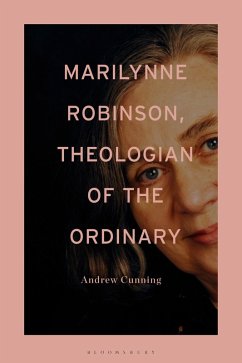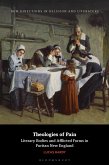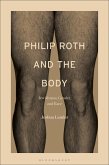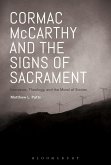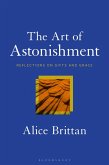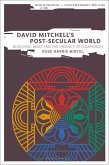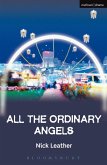Marilynne Robinson, Theologian of the Ordinary posits that Robinson's widely celebrated novels and essays are best understood as emerging from a foundational theology that has 'the Ordinary' as its source. Reading Robinson's published work, and drawing on an original interview with Robinson, Andrew Cunning constructs an authentically Robinsonian theology that is at once distinctly American and conversant with contemporary continental philosophy of religion.
This book demonstrates that the Ordinary is the source of Robinson's writing and, as a phenomenon that opens onto a surplus of meaning, is where Robinson's notion of transcendence emerges. Robinson's theology is one centered on the material reality of the world and on the subjective nature of one's encounter with oneself and the physical stuff of existence. Arguing that the Ordinary demands an artistic response, this book reads Robinson's fiction as her theological response to the surplus of meaning in ordinary experience. Under the themes of grace, language, time and self, Cunning locates the ordinary, everyday grounding of Robinson's metaphysics.
This book demonstrates that the Ordinary is the source of Robinson's writing and, as a phenomenon that opens onto a surplus of meaning, is where Robinson's notion of transcendence emerges. Robinson's theology is one centered on the material reality of the world and on the subjective nature of one's encounter with oneself and the physical stuff of existence. Arguing that the Ordinary demands an artistic response, this book reads Robinson's fiction as her theological response to the surplus of meaning in ordinary experience. Under the themes of grace, language, time and self, Cunning locates the ordinary, everyday grounding of Robinson's metaphysics.

